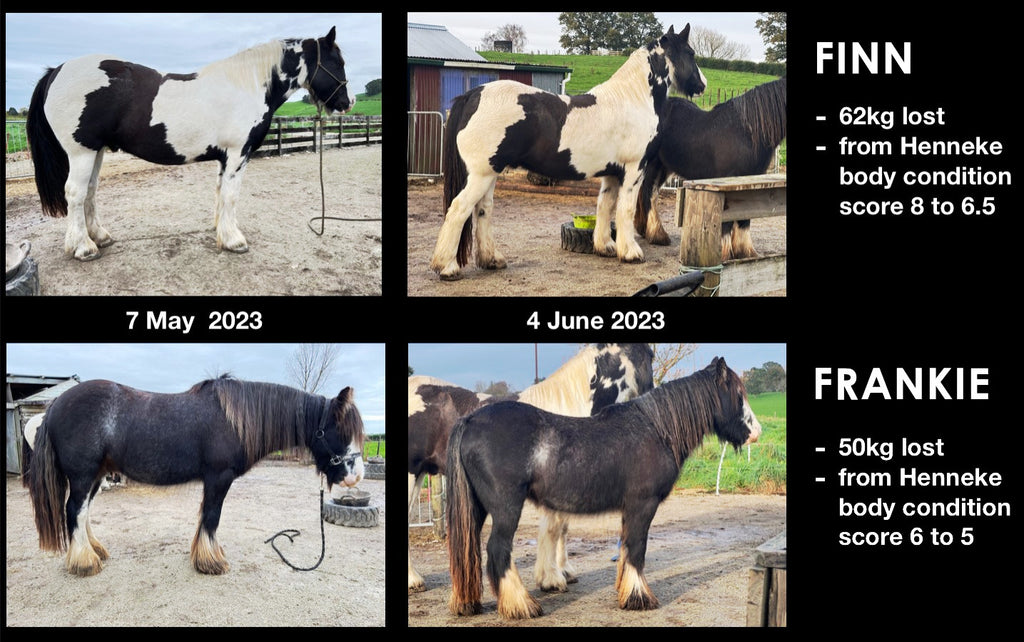Weight Management for Overweight Horses
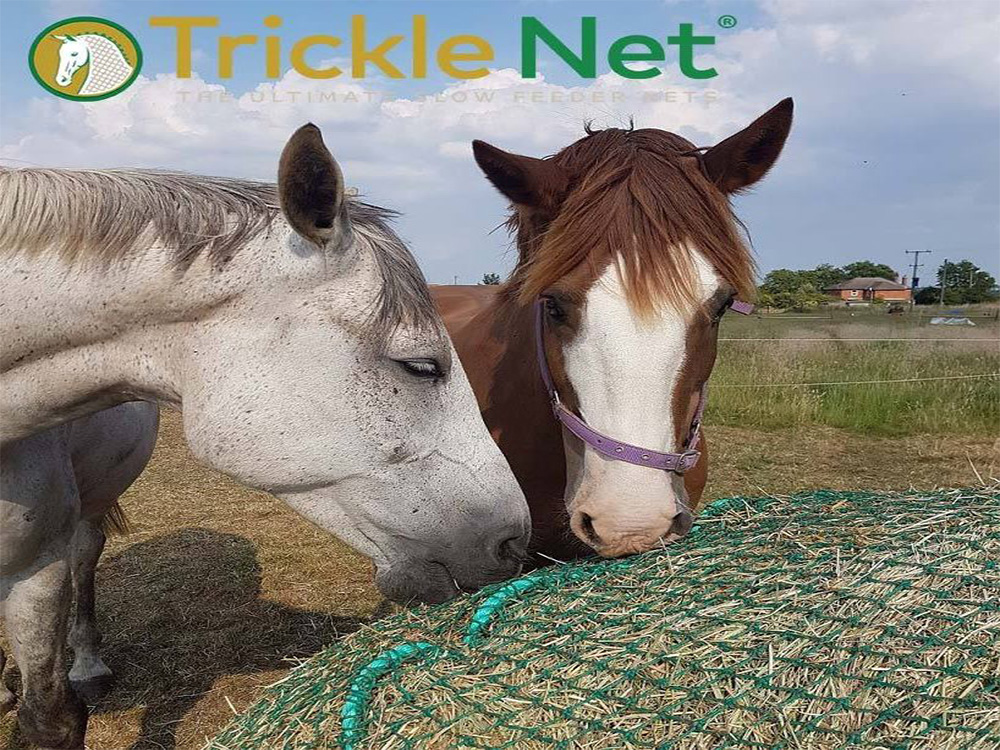
Managing the weight of overweight horses is crucial for their overall health, performance, and longevity. This article provides a detailed guide on effective strategies, dietary considerations, exercise routines, and common questions related to equine weight management.
Understanding Overweight Horses
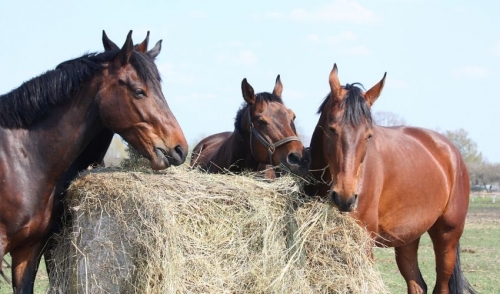
An overweight horse carries excess body fat that can lead to health issues such as laminitis, insulin resistance, and joint stress. Recognizing the signs early and implementing a weight management plan can prevent these complications.
| Body Condition Score (BCS) | Description | Health Implications |
|---|---|---|
| 1-3 | Underweight | Risk of malnutrition |
| 4-6 | Ideal to Slightly Overweight | Generally healthy |
| 7-9 | Overweight to Obese | Increased risk of metabolic issues |
Causes of Overweight in Horses
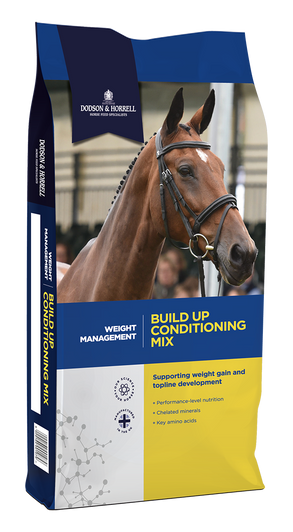
- Excessive Caloric Intake: Feeding high-energy feeds or too much grain.
- Lack of Exercise: Sedentary lifestyle reduces calorie burn.
- Metabolic Disorders: Conditions like Equine Metabolic Syndrome.
- Age and Breed Factors: Some breeds are predisposed to weight gain.
Effective Weight Management Strategies
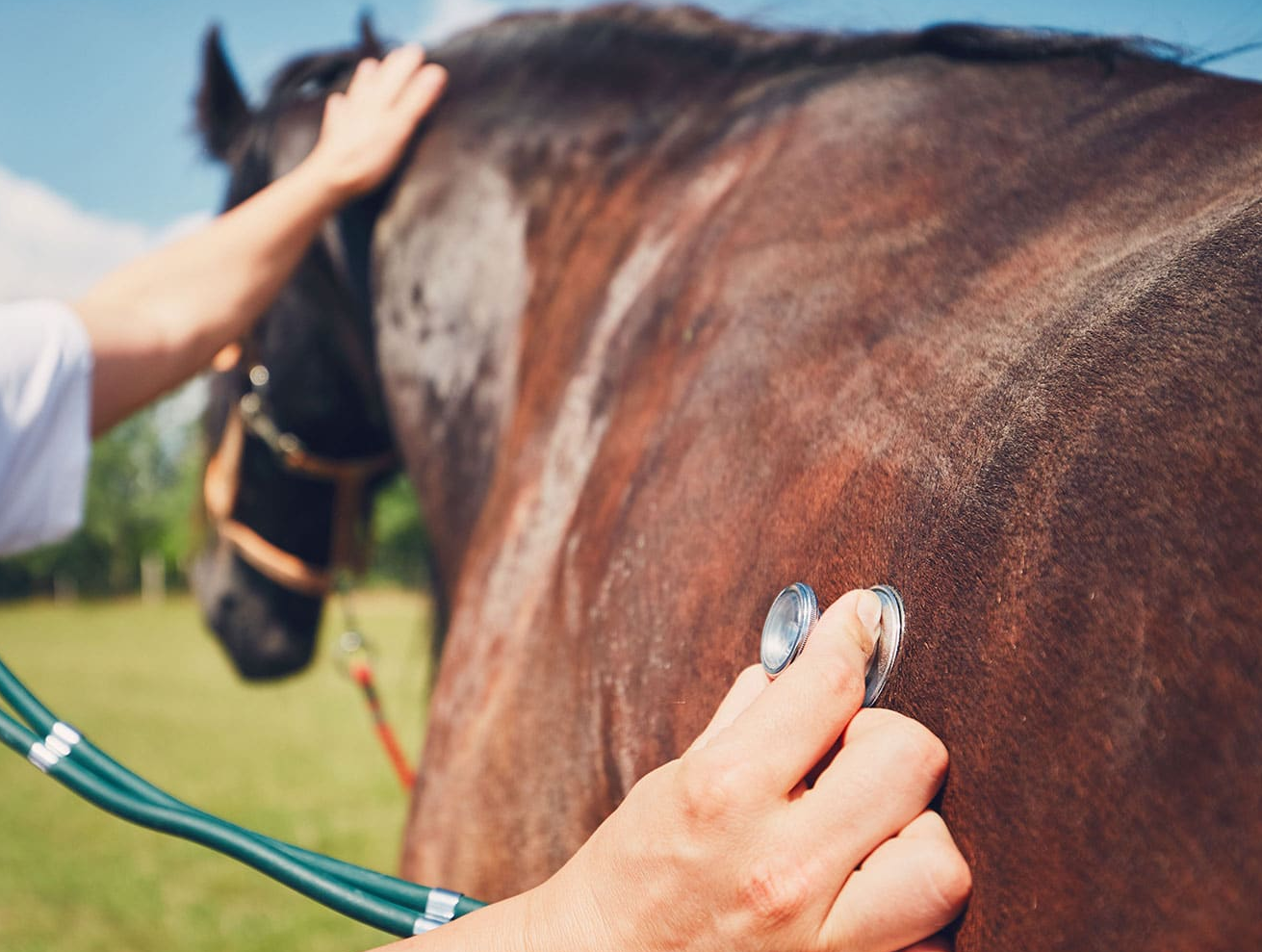
1. Diet Modification
- Reduce grain and concentrate feeds.
- Increase forage quality and quantity.
- Use low-calorie hay options like mature grass hay.
- Implement controlled grazing with grazing muzzles or limited turnout.
2. Exercise Regimen
- Start with light exercise such as walking or trotting.
- Gradually increase intensity and duration.
- Incorporate varied activities to maintain interest and fitness.
3. Regular Monitoring
- Track weight and body condition score weekly.
- Adjust diet and exercise based on progress.
Sample Weekly Exercise Plan
| Day | Activity | Duration |
|---|---|---|
| Monday | Walk | 30 minutes |
| Tuesday | Trotting | 20 minutes |
| Wednesday | Rest or light walk | 15 minutes |
| Thursday | Cantering | 15 minutes |
| Friday | Walk and trot mix | 30 minutes |
| Saturday | Trail ride | 45 minutes |
| Sunday | Rest | – |
Frequently Asked Questions (FAQ)
Q1: How quickly can a horse lose weight safely?
A: A gradual weight loss of 0.5-1% of body weight per week is recommended to avoid health risks.
Q2: Can overweight horses eat grain?
A: Grain should be limited or avoided; focus on high-fiber forage instead.
Q3: What are signs of metabolic issues in overweight horses?
A: Symptoms include regional fat deposits, cresty neck, and susceptibility to laminitis.
Q4: Is it safe to use grazing muzzles?
A: Yes, when used properly, grazing muzzles help control intake without causing distress.
By following these guidelines, horse owners can effectively manage their horse’s weight, improving health outcomes and quality of life. Consistency and patience are key to successful weight management.
